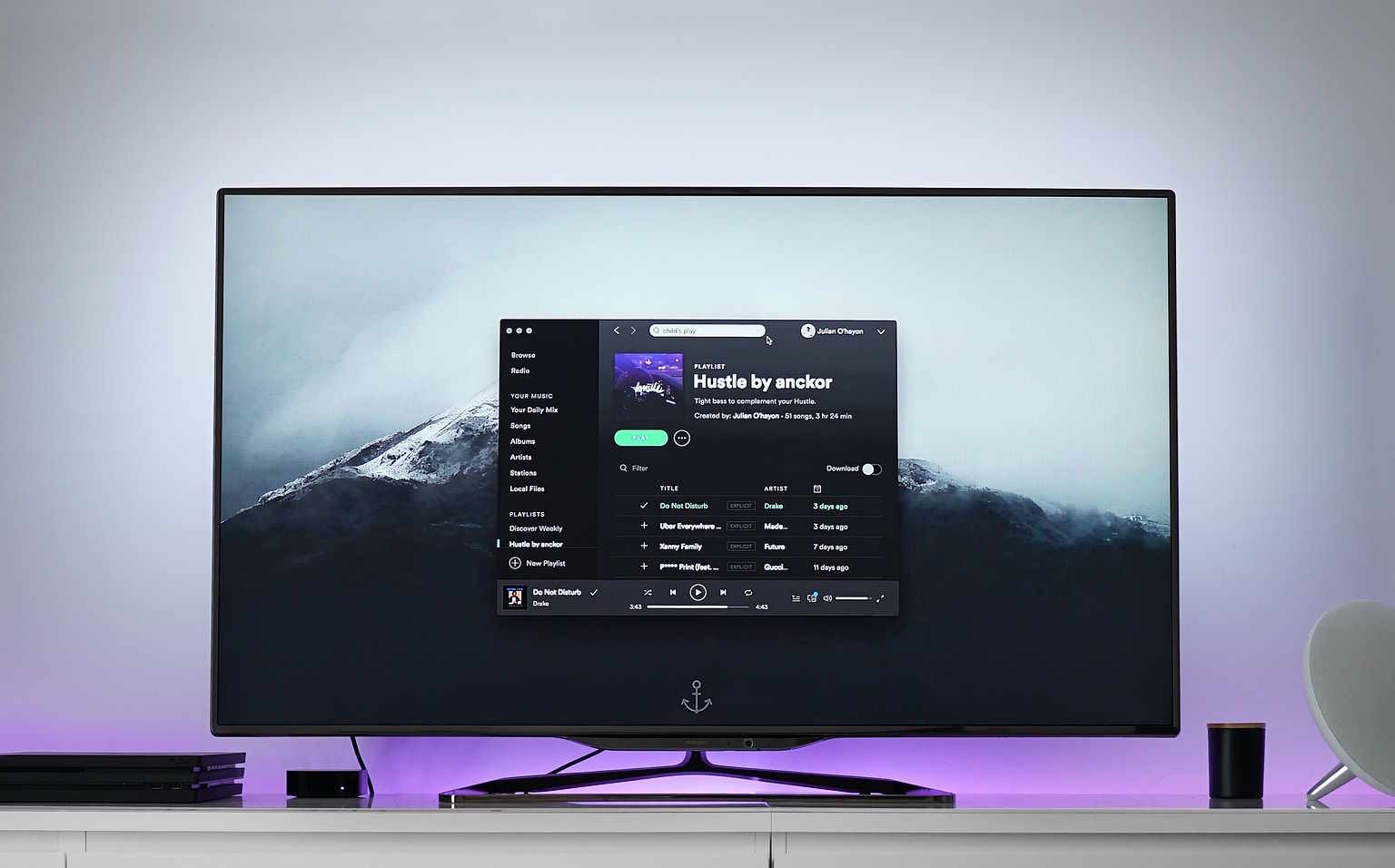Remote Court Proceedings: A New Era in the Justice System
In the wake of the global pandemic, the justice system has had to adapt rapidly to continue functioning effectively. One significant development is the shift towards remote court proceedings. This change has brought about a new era in the justice system, with far-reaching implications for accessibility, efficiency, and fairness. Read below to delve into this fascinating evolution.

The Emergence of Remote Court Proceedings
The COVID-19 pandemic necessitated a swift transition to remote court proceedings to ensure the continuity of justice. Courts began using video conferencing platforms to conduct hearings, trials, and other court proceedings. This shift was initially met with skepticism, but as the pandemic persisted, it became clear that remote proceedings were not only feasible but also offered several advantages.
The Advantages of Remote Court Proceedings
Remote court proceedings have several benefits. They increase accessibility, as individuals can participate in court proceedings from anywhere, reducing travel time and costs. They also enhance efficiency, as court schedules can be more flexible and less dependent on physical courtroom availability. Additionally, they can improve fairness by enabling broader participation, particularly for those who might otherwise struggle to attend court due to financial, health, or logistical reasons.
The Challenges of Remote Court Proceedings
Despite these benefits, remote court proceedings also present challenges. Technical difficulties can disrupt proceedings, and not everyone has access to the necessary technology or a stable internet connection. There are also concerns about maintaining the solemnity and decorum of court proceedings in a virtual environment. Furthermore, remote proceedings may impact the ability to assess credibility and demeanor, which are crucial in many cases.
The Future of Remote Court Proceedings
While the pandemic has accelerated the shift towards remote court proceedings, it is likely that this trend will continue post-pandemic. Many courts have found that remote proceedings can be an effective tool for managing caseloads and improving access to justice. However, it is crucial to address the challenges and ensure that remote proceedings uphold the principles of fairness, transparency, and due process.
The Role of Legislation and Policy
As remote court proceedings become more common, legislation and policy will need to evolve to support this shift. This includes establishing clear rules and procedures for remote proceedings, addressing issues of digital divide, and ensuring that the rights of all parties are protected. Policymakers and legal professionals must work together to navigate this new era in the justice system.
Useful Tips and Facts:
- Remote court proceedings can increase accessibility and efficiency, but also present challenges such as technical difficulties and maintaining court decorum.
- The future of remote court proceedings will likely involve a mix of in-person and remote hearings, depending on the nature of the case and the parties involved.
- Legislation and policy will need to evolve to support the shift towards remote court proceedings, ensuring fairness, transparency, and due process.
In conclusion, the shift towards remote court proceedings represents a significant evolution in the justice system. While this change brings numerous benefits, it also presents challenges that must be addressed. As we navigate this new era, it is crucial to ensure that the justice system remains accessible, efficient, and fair for all.






